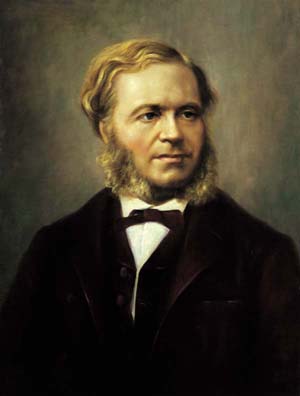Chicago Chamber Musicians showcases all members in varied program

The performances presented by the Chicago Chamber Musicians are invariably polished to a fine sheen, yet the concerts usually present only a partial portrait. With fifteen of the finest musicians in the city, it’s difficult to devise a lineup that can bring the complete roster together for an ensemble showcase.
Somehow CCM managed that Monday night at the Harris Theater with a program that highlighted brass, woodwinds, and strings and piano, respectively.
The program led off with Music for Brass Instruments by Ingolf Dahl. Born in Germany of Swedish-Jewish lineage, Dahl left Germany to settle in California, where he enjoyed a long and successful career as teacher at USC, pianist, conductor and advocate for new music.
Dahl’s sextet is a standby of the brass repertoire, deftly varied in its three movements with opportunities deployed among all players. The CCM brass remain stellar, led by Barbara Butler’s clarion trumpet. The musicians brought out the solemn nobility of the first section, based on a Bach chorale, which segues into a more uptempo passage before returning to the elegiac expression at the coda. The forthright, decidedly American high spirits of the Intermezzo were put across with fine verve, and the performance rounded off in the Stravinskian finale, with Gail Williams’ evocative horn solo especially notable
At the premiere of Cesar Franck’s Piano Quintet in 1880, Saint-Saens, who was at the keyboard, famously got up and exited the moment the music was over, pointedly leaving his score on the piano. That dismissive gesture was regarded as either a conservative’s disdain for the tempestuous passions of the work or for the fact that Franck’s passions were apparently aroused by a young conservatory student.
Regardless, CCM’s full-blooded performance brought out the surging Romanticism of Franck’s Quintet, tempered with an essential Gallic refinement. Pianist Meng-Chieh Liu was especially inspired, conveying the nocturnal languid expression with great freedom while also throwing off the concerto-like virtuosity.
In the poised serenity of the central Lento, the ensemble playing of Liu and violinists Joseph Genualdi and Jasmine Lin, violist Rami Solomonow, and cellist Clancy Newman could not have been more sensitively rendered. Franck’s finale is something of a letdown after the first two movements and, if the players took the “non troppo” marking a bit too literally, the closing bars culminated in an emphatic and decisive coda.
The centerpiece was by Mozart, his Serenade No. 11 in E flat major, K.375.
So rich is the material in these five movements, it makes one wonder anew at the remarkable flow of effortless, gracious melody as well as Mozart’s inexhaustible invention when writing for winds. Yet unfailingly refined and polished as the playing was, with its stately tempos and a prevailing sobriety the performance was well-behaved to the point of being rather faceless.
The rollicking finale brought some belated verve but overall the performance could have used playing of more individual personality, like Larry Combs’ insouciant clarinet in the opening theme and Williams’ atmospheric solo in the Adagio.
Posted in Performances




